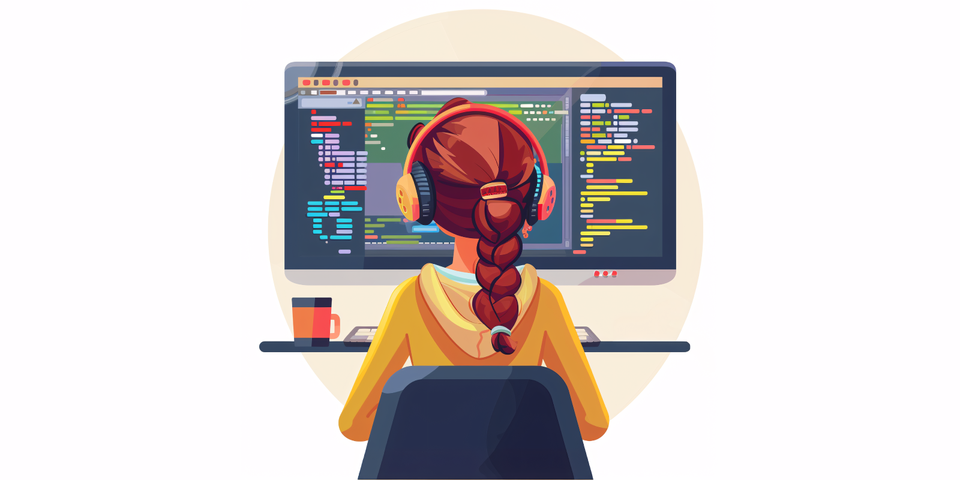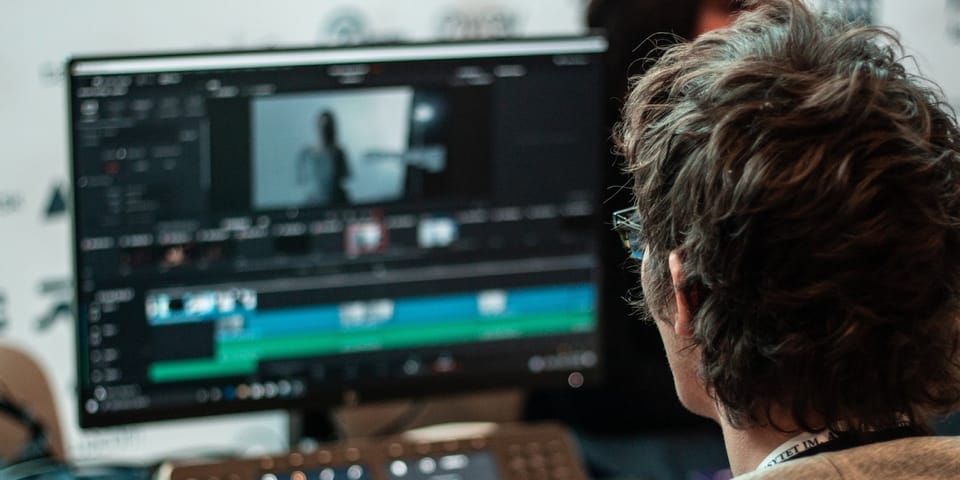Is AI Going to Take Our Jobs?
Are you worried that AI will take your job? Here are some points that you should know to survive.
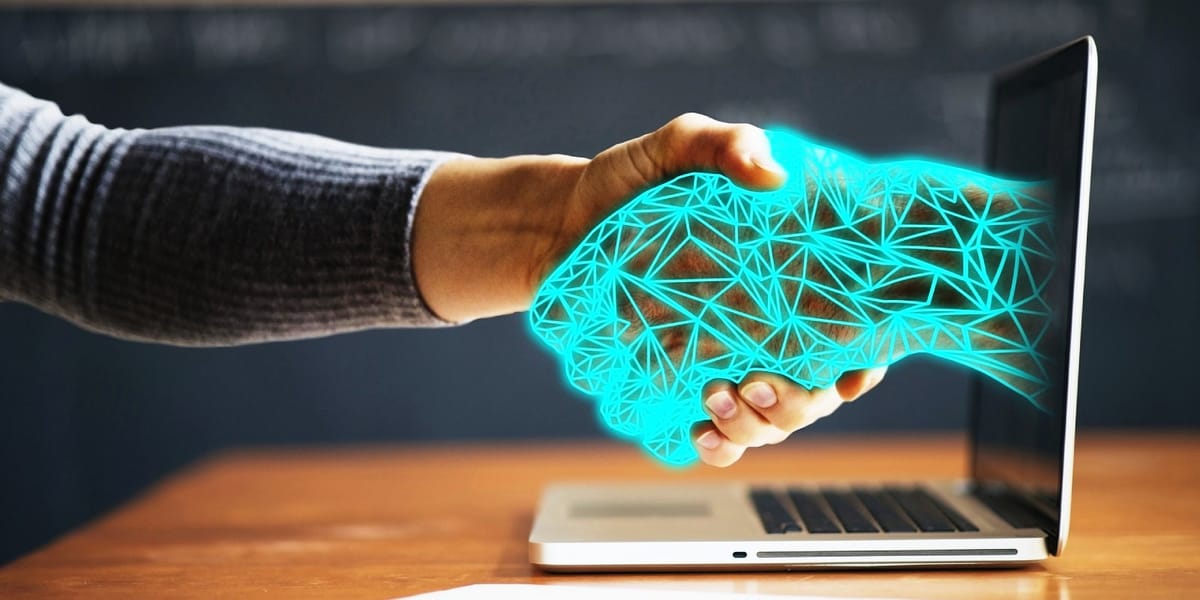
ChatGPT and other Artificial Intelligence (AI) tools are an amazing piece of tech, but many speculate that these tools are going to take our jobs. While it is true in some cases, it’s not a universal fact.
Here, we will discuss the effect of AI on our jobs and if there’s a middle way where we and AI can thrive together.
The Rise of the Robo-Colleagues
Ever since the rise of AI and the development of AI-backed robots and technologies, there has been an expected increase in the automation trend in workplaces. This has also made robo-colleagues the talk of the town.
Robo-colleagues, if you don’t already know, are robots or computer programs that facilitate workplace workflow. Instead of working against humans as competitors, these robotic programs work together with humans to increase their efficiency, consequently reducing human effort.
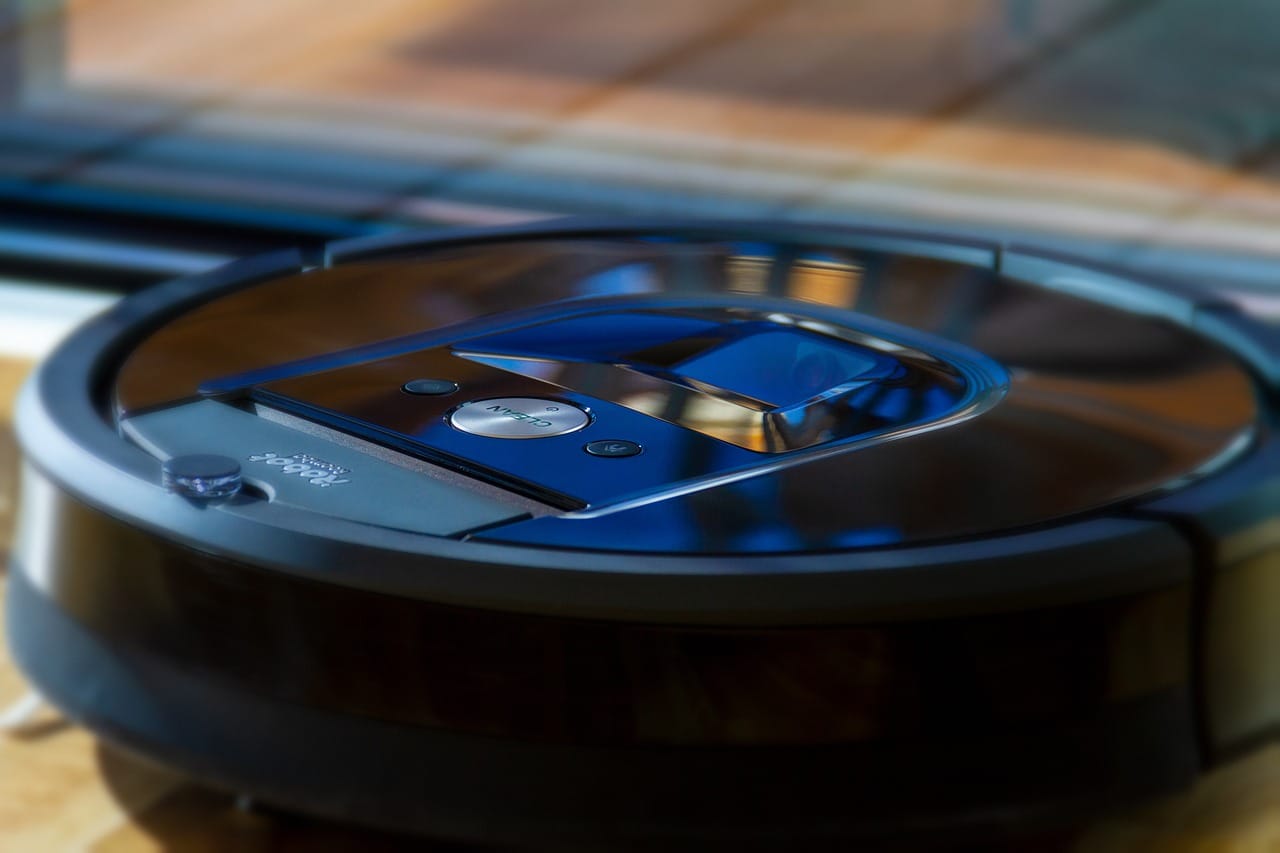
Some common examples of the tasks where these robo-colleagues are working to help humans at their workplaces include data entry tasks, data analysis, and other assignments that need repetitive effort.
Although there are different industries and fields where AI and robotics have started accompanying humans—healthcare, manufacturing, and customer service are some of the prominent examples.
For instance, in customer service, customer support agents generally have to repeat the same sentences in front of thousands of customers. In such cases, AI robotic programs take over the customer service agent’s role and finish all the mundane tasks.
As per a study by the University of Oxford, jobs that involve more mundane and repetitive tasks and don’t need much creative input are at a higher risk of being replaced by automation.
On the contrary, jobs that are a little complex and can’t be handed over that easily, as they need the expertise and creative input from experienced individuals, are less likely to be taken over by robot colleagues.
Automation Anxiety: Fear of the Jobpocalypse?
AI and robotic programs have opened a lot of new dimensions, and due to the rising trend of AI technology, several new job opportunities have been created. However, there are some loopholes, too.
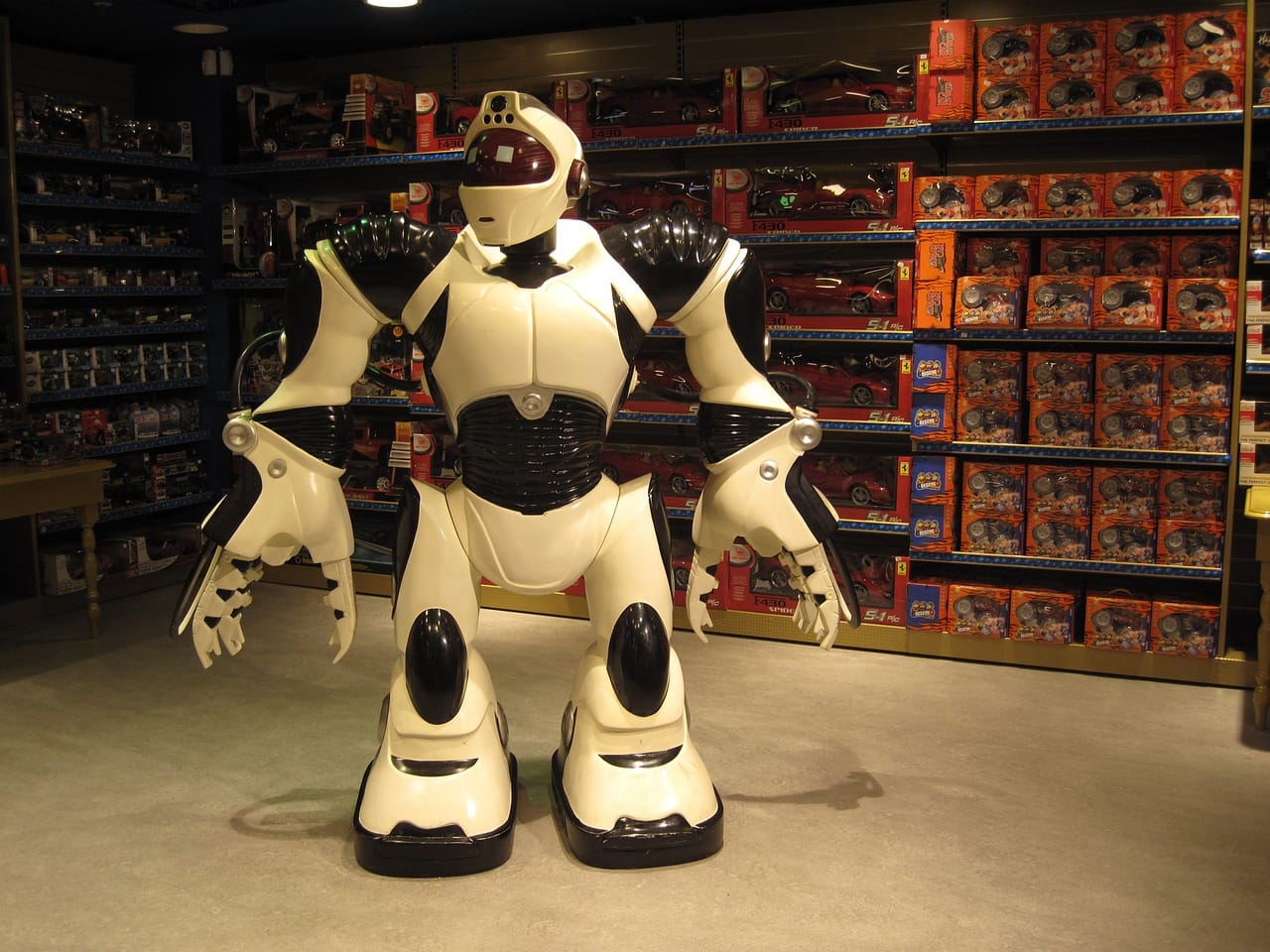
On one hand, AI technology has given jobs to some people; on the other hand, it has caused a potential risk to several others. For instance, AI writing tools like ChatGPT have reduced the need for writers or copywriters in some cases.
Similarly, AI image generators have had a noticeable effect on graphic designers’ jobs. Music generators, recipe generators, etc., are also some AI-based apps that have reduced potential job opportunities. Furthermore, robotic programs have also taken over some tasks like data analysis and data entry.
But do you know what the good part is? Humans are always open to adapt. And, instead of fearing the worst, it’s best to ride the wave and mold yourself according to the latest trends.
To survive in this AI-automated marketplace and leave your mark on the industry, you can always get out of your comfort zone, step ahead, and learn what you require to fit into this dynamic market.
Hone your skills and seek the help of these AI-based apps to make yourself a good fit for the evolving market. Some initiatives could be taken at the management level, too, to keep skilled individuals from losing their place in the market.
Human and Machine: A Symbiotic Partnership?
“Man vs. Machine” has been a famous narrative ever since the emergence of machines. As with several other norms and traditions that AI advancement has challenged, this narrative isn’t spared either.
Still, one thing that could be done to turn these events into something positive is to look for ways machines can potentially collaborate with humans. This collaboration, though not an alien concept, can create something massive.
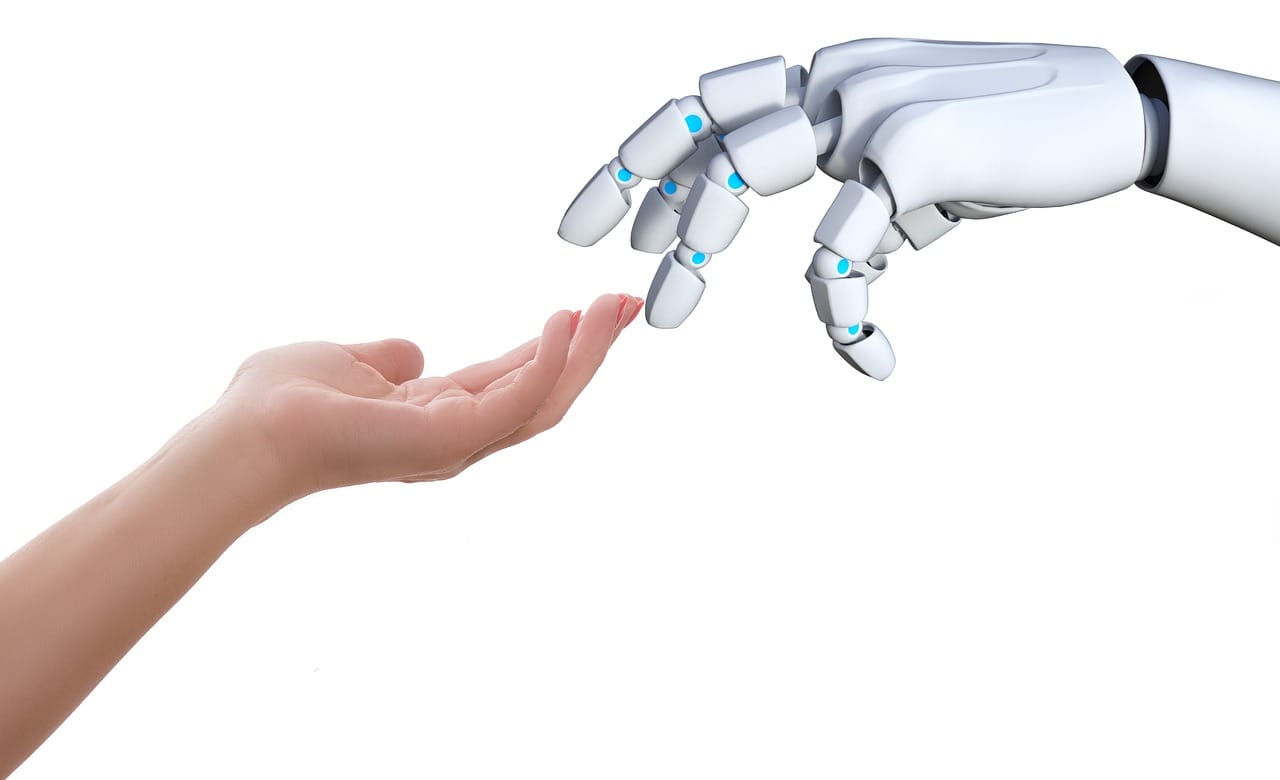
For instance, in workspaces, some of the tasks need to be done repetitively and need the same precision each time. Unfortunately, human involvement in such tasks cannot only cost a lot of time and money, but the precision they would deliver might also not be up to mark.
AI tools and robotic programs can share the burden with humans here and work on mundane, repetitive tasks. This way, human beings can focus on the tasks that are comparatively complex and require more attention.
Once robots and AI gadgets take over the daily repetitive tasks, human minds can be accessible for more strategic thinking, leading to more significant achievements and success.
The Future of Work: Upskilling and Adapting
AI and automation have already established strong foundations in numerous fields, from manufacturing to healthcare and customer service. However, there is still a lot to AI that needs to be discovered yet.
Upskilling and reskilling should be adopted to stay relevant even in a world full of AI-powered machines and technology. With the constant rise in the adoption of AI-powered tools, a lot of upskilling would be needed for you to stay relevant in that area.

You can polish your skills and invest your time in tasks requiring more human effort, such as strategic planning, creativity, etc. This way, humans can have a lot of spare time on their hands, and instead of wasting their time on the same boring and repetitive tasks that machines can do, their time can be invested in something worthwhile.
Another thing that this rising trend of automation and AI has somewhat highlighted are ethical and societal considerations. Developers and IT experts must ensure they invest their time and money in following ethical principles for all technological advancements.
Additionally, the concern related to job displacement cannot be taken for granted, and some measures should be taken in this regard. When it comes to job vacancies, there needs to be an almost equal number of new opportunities.
Though AI tools and robotic programs have excelled in several disciplines and dimensions, they still need the emotional intelligence, empathy, and creativity humans are empowered with.
To compete with these AI tools in the evolving world, humans can work on honing such skills where AI-powered gadgets can’t compete with them. This will automatically create new work opportunities for humans and help them stay grounded despite all the chaos.
Implementing AI and automation can streamline the operations of different industries, from healthcare and customer service to education, entertainment, and writing.
For instance, in healthcare, these tools can play a significant role in the early diagnosis of diseases. Moreover, they can easily find the problematic areas and suggest the preferable treatments, saving time and reducing treatment costs.
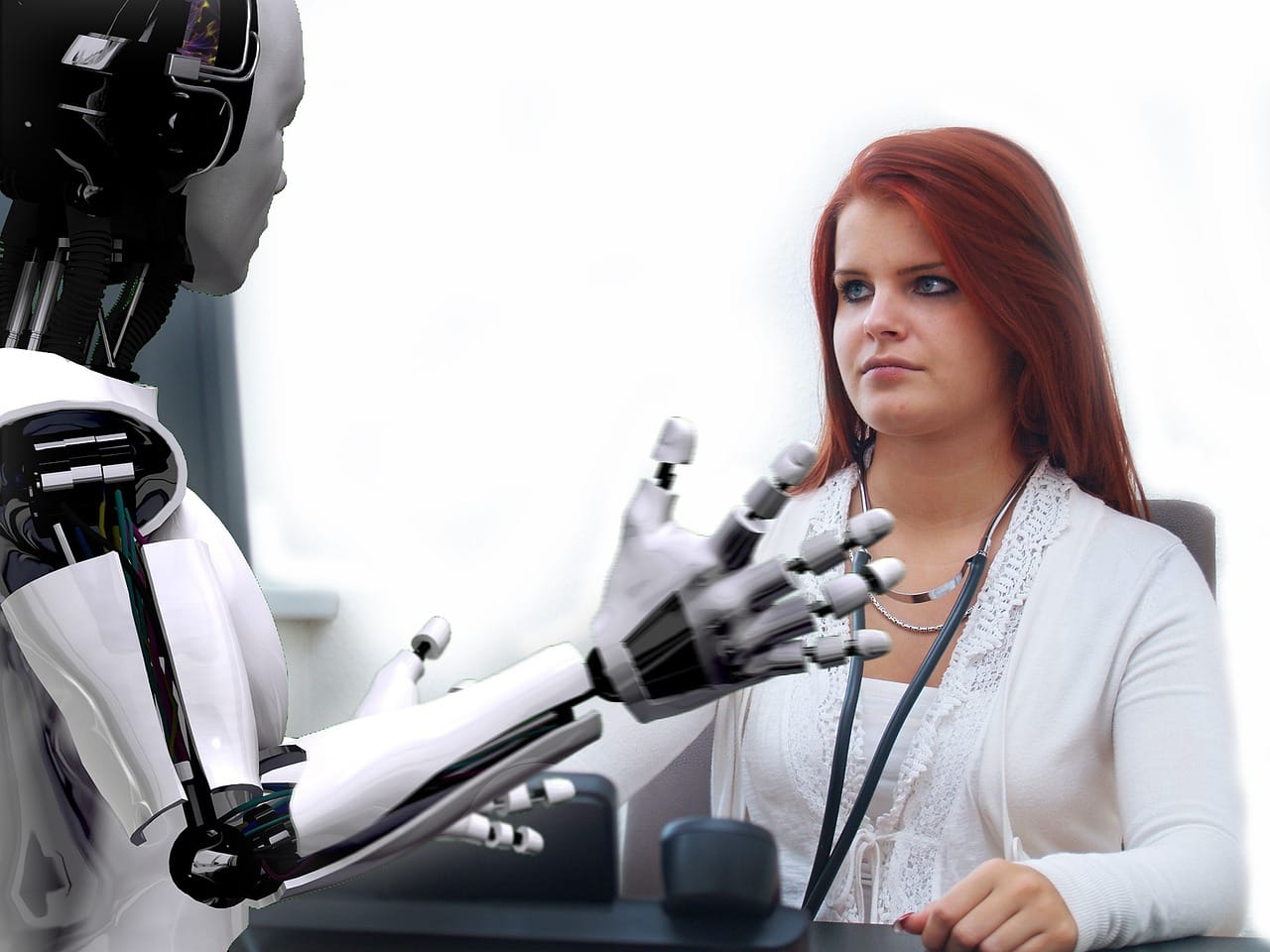
In the field of education, learning can get a lot faster and better, thanks to AI-backed tutoring systems and online quiz-making tools. You would be able to learn a lot in a limited time.
The entertainment industry can also see a lot of innovations, with Virtual Reality (VR) being the talk of the town. AR (Augmented Reality) and VR are all set to provide an immersive experience to the audience. AI tools can even work to generate virtual characters and graphic interpretations.
But the main point to remember is that with every door that AI closes, two more open. However, you’ll only see those doors if you’re well-prepared and have kept yourself up-to-date.
How Can You Use AI to Make Money?
The possibilities are endless here. For example, you can try some of these ideas to make money with AI:
- Create music tracks using AI music generators, AI singing voice generators, and AI music enhancer tools.
- Create photos using AI image and art generators and AI image enhancer and upscaler tools.
Once you have your finished project in hand, you can post it on LimeWire and monetize it. Check out the FAQs related to becoming a creator on LimeWire.


